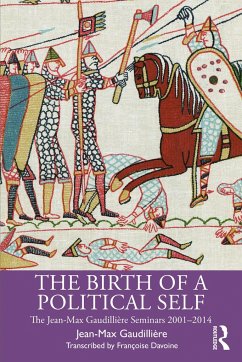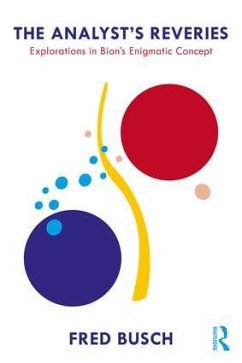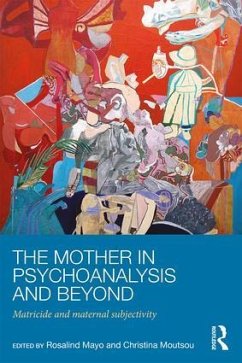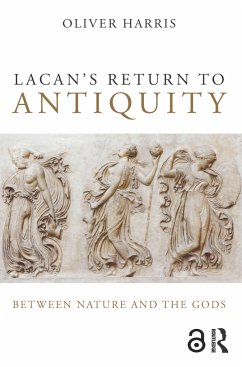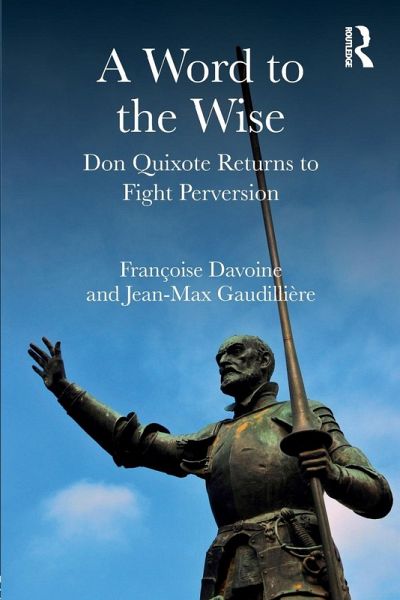
A Word to the Wise
Don Quixote Returns to Fight Perversion
Versandkostenfrei!
Versandfertig in 1-2 Wochen
52,99 €
inkl. MwSt.
Weitere Ausgaben:

PAYBACK Punkte
26 °P sammeln!
After giving us a fascinating reading of Cervantes' classic novel in Don Quixote: Fighting Melancholia, Françoise Davoine and Jean-Max Gaudillière co-author a second work, to reflect on the hero's battle against perversion. To do so, they retrace his adventures in the Cervantes' second Don Quixote, written ten years after the first. The authors follow in his footsteps as he embarks on this other extraordinary journey in which perversion is laid bare for all to see, creating not only a powerful social link, but even a form of government. Cervantes shows us how madness acts as a means to confr...
After giving us a fascinating reading of Cervantes' classic novel in Don Quixote: Fighting Melancholia, Françoise Davoine and Jean-Max Gaudillière co-author a second work, to reflect on the hero's battle against perversion. To do so, they retrace his adventures in the Cervantes' second Don Quixote, written ten years after the first. The authors follow in his footsteps as he embarks on this other extraordinary journey in which perversion is laid bare for all to see, creating not only a powerful social link, but even a form of government. Cervantes shows us how madness acts as a means to confront it: here again, the field of action presented to the reader is explored in rigorous detail. The reliability of this strategy derives from the power of the given word, which has to oppose lies, seduction, secrets, trickery and crime, in order to confer authenticity to what madness reveals.








